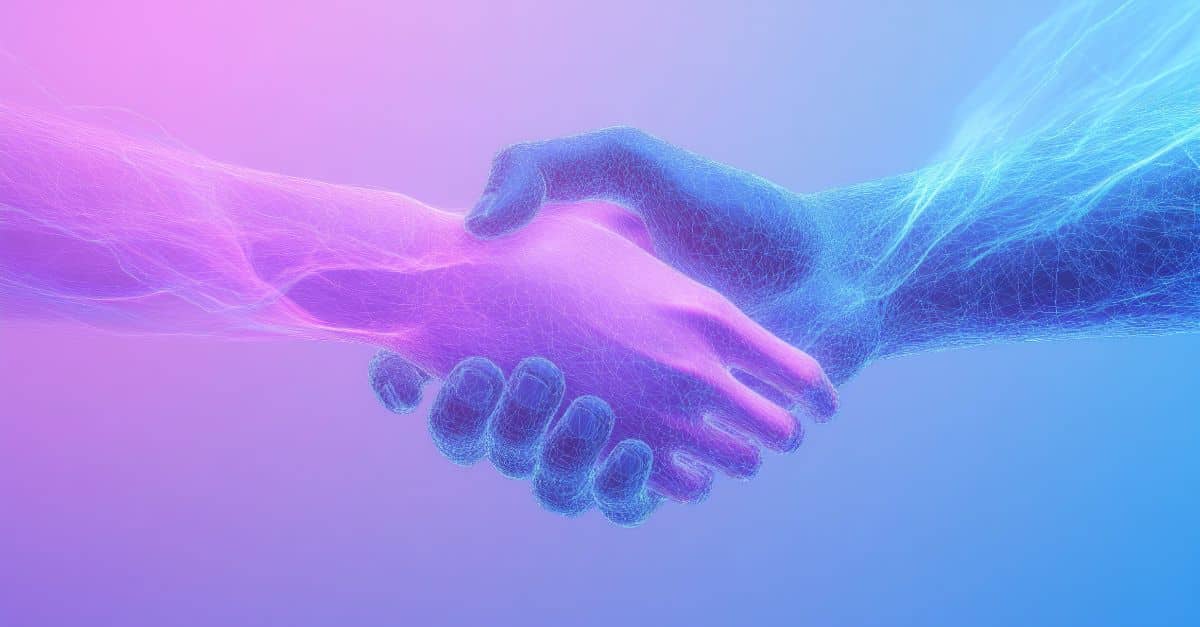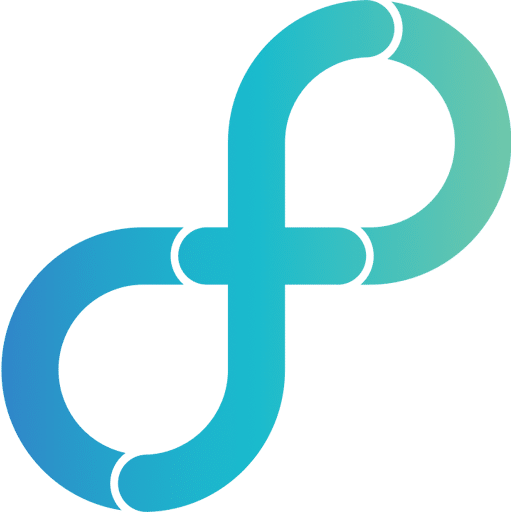Artificial intelligence is a “powerful resource for any kind of organization,” researchers Prasanna Matsa and Kusuma Gullamajji write in their 2019 report on AI’s impact on human resources. “Integration of HR practices with AI based applicants definitely have a stronger impact in enhancing the organizational performance.”
Despite this and countless other studies that demonstrate how HR teams and their organizations benefit from the data-driven capabilities of talent intelligence tools, some business leaders still hesitate to implement AI-powered technology.
According to our recent Harris poll of business leaders, 36 percent said they haven’t adopted AI because they believe “AI cannot make better decisions than humans.” That misconception is holding them back from implementing technologies that may be critical to HR’s ability to successfully operate in today’s highly-competitive environment.
Here’s why that thinking is flawed and how AI actually improves decision-making in HR.
Even with AI, humans are still the decision-makers
The idea that AI can’t make better decisions than humans suggests that people make perfect decisions. But this is far from true. Data science advisor at Activation Fund Eric Colson explains that human decision-making is flawed in two key ways:
- Humans manage large amounts of data by summarizing it, which may dilute its efficacy. “Summarized data can obscure many of the insights, relationships, and patterns contained in the original (big) data set,” according to Colson.
- Our cognitive biases influence our decisions. “Data summaries are directed by humans in a way that is prone to all those cognitive biases,” he writes. “We direct the summarization in a manner that is intuitive to us.”
Artificial intelligence helps business leaders overcome these barriers to effective decision-making. AI is capable of synthesizing and analyzing vast amounts of data as well as avoiding some human biases. This means business leaders are armed with the best possible information on which to base decisions.
And that’s the key point for reluctant business leaders to remember when evaluating the need for AI: The technology isn’t the decision-maker. With AI-powered talent intelligence tools like Eightfold’s, people — not machines — make the decisions. Technology simply gives people the intelligence they need to make better decisions.

AI provides data-driven insights so decision-makers can make better, faster decisions
The best decisions are the most informed ones. But there is simply no way for the human mind to work through every aspect of every data point to realize every relationship and pattern. So people often make business decisions based on hunches and gut feelings. These don’t always work out to be the best decisions.
That’s where artificial intelligence tools come in. AI provides decision-makers with insights based purely on data. This allows business leaders to make informed decisions that are driven by that data, not intuition. AI insights provide the foundation for stronger, better decisions.
Technology also enables leaders to make those decisions faster. How? Because it “streamlines processes, allowing for insights to be generated faster,” notes the team at Carlow University. With AI performing administrative tasks, HR teams can focus on interpreting insights which results in speedier decisions.
None of this is to say that AI is perfect, but it is a necessary tool for an effective HR department in a future-facing organization.
As Matissa Hollister, assistant professor of Organizational Behavior at McGill University, writes: “Both algorithmic and human decisions are imperfect, but with a clear understanding of those imperfections, careful thought, and purposeful practices, organizations can work toward systems that instead build on the strengths of humans and machines to realize the full potential of AI in HR.”
Images by: videoflow/©123RF.com, andreypopov/©123RF.com










